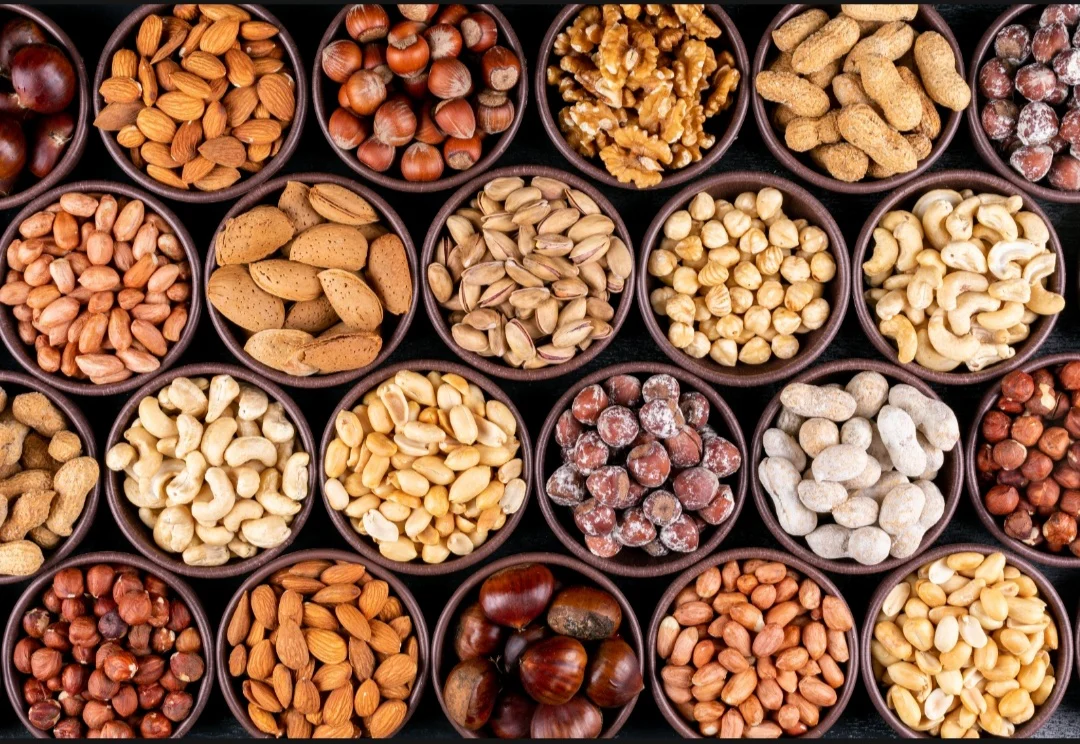Vitamins are organic compounds, which means carbon-containing compounds, that everyone requires in small or adequate amounts. They are present in very small amounts in food products that are natural and are vital to our bodies. A deficiency in any vitamin can increase the risk of certain medical conditions.
There are currently thirteen vitamins are known, and they are divided into two kinds that are water-soluble and fat-soluble vitamins. Vitamins are dissolvable or soluble either in water or fats.
The requirements for vitamin D in each individual is different for every individual. Different vitamins play an important roles in the body and to remain healthy, each person needs an extra dose of every vitamin. For instance, we require Vitamin C, which can be derived through our diets. Dogs have the capacity to make each vitamin they need to be healthy throughout their lives.
We have already mentioned that vitamins can be classified into water-soluble and fat-soluble vitamins. Fat-soluble vitamins include vitamin A, D, E, and K. The body stores these fat-soluble vitamins within fat tissue and the liver. The they can remain in our bodies for several days or months.
Water-soluble vitamins don’t remain in the body for long periods of time, and are not stored within our bodies. They are excreted through our urinary tract. Thus, we require a higher intake from these water-soluble vitamins than fat-soluble vitamins to satisfy the body’s requirements for optimal health and to also prevent vitamin deficiencies that can lead to numerous health problems. The water-soluble vitamins comprise Vitamin B complex as well as Vitamin C.
For this post, we’ll be discussing a vitamin B known as Vitamin B12 and its abundance in dried fruit.
Table of Contents
Vitamin B12
Vitamin B12 is an emulsifying vitamin that can be dissolved in water. Also known as chemical names, such as Cyanocobalamin and methyl-cobalamin.
Vitamin B12 is crucial to an optimal brain, nervous system and producing red blood cells (RBCs).
As it is water-soluble, it could dissolve in water, and be transported through bloodstreams. Vitamin B12 is stored within our bodies for up to four years , and excessive or unwanted vitamins B12 is released through urine.
2.4 micrograms(mcg) is the recommended dose by the National Institute of Health (NIH) daily for adolescents and adults. But, one should consult with a physician before starting any new supplementation. Physicians can suggest vitamin B12 supplements for those who are vegans for the most part. A decrease in Vitamin B12 may lead to neurologic problems, as well as certain forms of anemia.
Source of Vitamin B12
Vitamin B12 is derived from many good sources like shellfish, fish eggs, meat as well as poultry, milk and dairy products, which are fortified with nutritional yeast as well as cereals. Alongside these sources from animals Vitamin B12 can also be obtained from fruits like mangoes, bananas, apples blueberry, and other fruits and vegetables like potatoes and fungi.
Alongside all of these sources, we will look at the vitamin B12 dry fruit.
Dry or Dried Fruits
Dry fruits or dried fruit are fruits that have nearly all of the moisture content is eliminated through drying techniques. The method of drying can be regular sun drying, or with the help of specially designed dryers or dehydrators.
When dried, the fruits shrink, and the dried fruit is created. The dried fruits can be preserved for a longer time period and can be used as a convenient snack when refrigeration isn’t available. Dried fruits are loved throughout the world because of their delicious taste along with their nutritional value, as well as their long shelf lives.
The consumption of dried fruit is a huge part of our diet. The most commonly used types of dried fruit that are consumed include dates, raisins, figs as well as prunes and apricots. Dry fruits comprise the majority of the nutritional value of fresh fruit.
A moderate to low Glycemic index (GI) can be observed in dried fruits that are traditionally dried like raisins.
Dried fruits are the ideal and healthiest alternative to a snoozing habit. They increase stamina and energy and, since they are high in fiber, they can help in digestion and general health. Fruits dried in the form of dried are an excellent source of calcium, protein and potassium, as well as vitamin C, phosphorus, zinc and iron.
Benefits of Dry Fruits
- It increases immunity.
- It aids in weight loss.
- It maintains the health of the skin.
- Combats constipation.
- Hemoglobin levels increase and combats anemia.
- They ensure bone health.
- They help maintain the health of your heart.
Dry Fruits and Vitamin B12
Animal products have the greatest amount of vitamin B12 in comparison to all other sources of food. But, they are high in organic foods, such as dried fruits. Vitamin B12 is found in large quantities in dried fruit.
If vitamin B12 is combined with dry fruit’s proteins these nutrients are easily absorbed and vitamin B12 can be easily transported directly from food sources into the body through the protein.
It is believed that the vitamin B12 level in dry fruits like pecans, hazelnuts, anjeer (fig), cashews and walnuts as well as pistachios, cashew almonds, peanuts, and hazelnuts, are significant.



